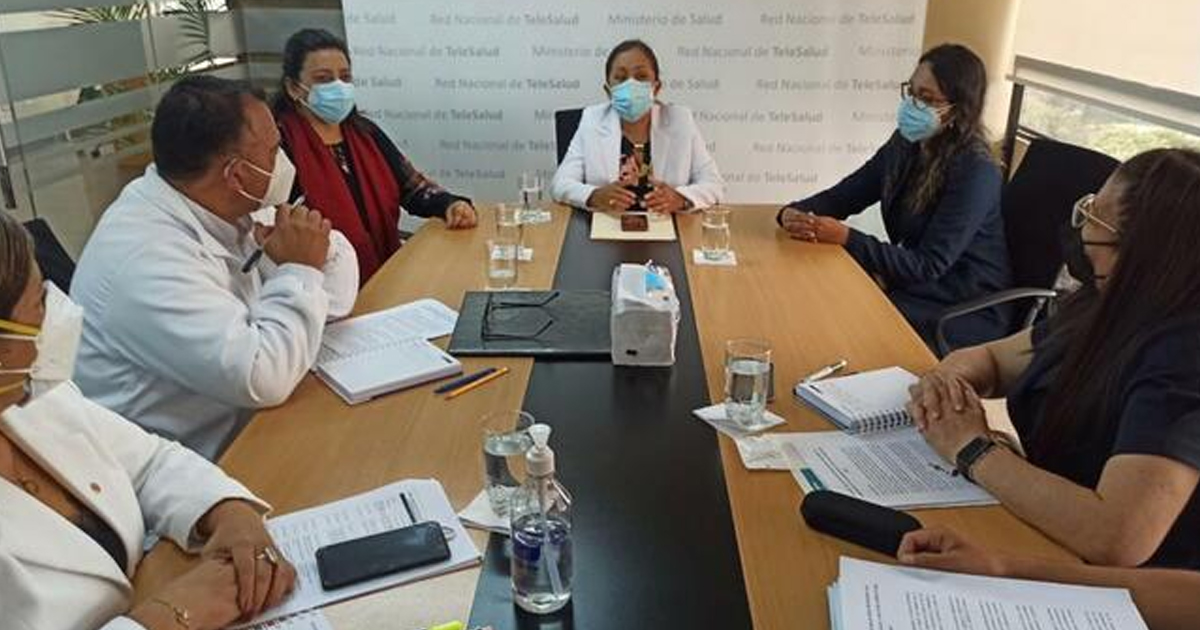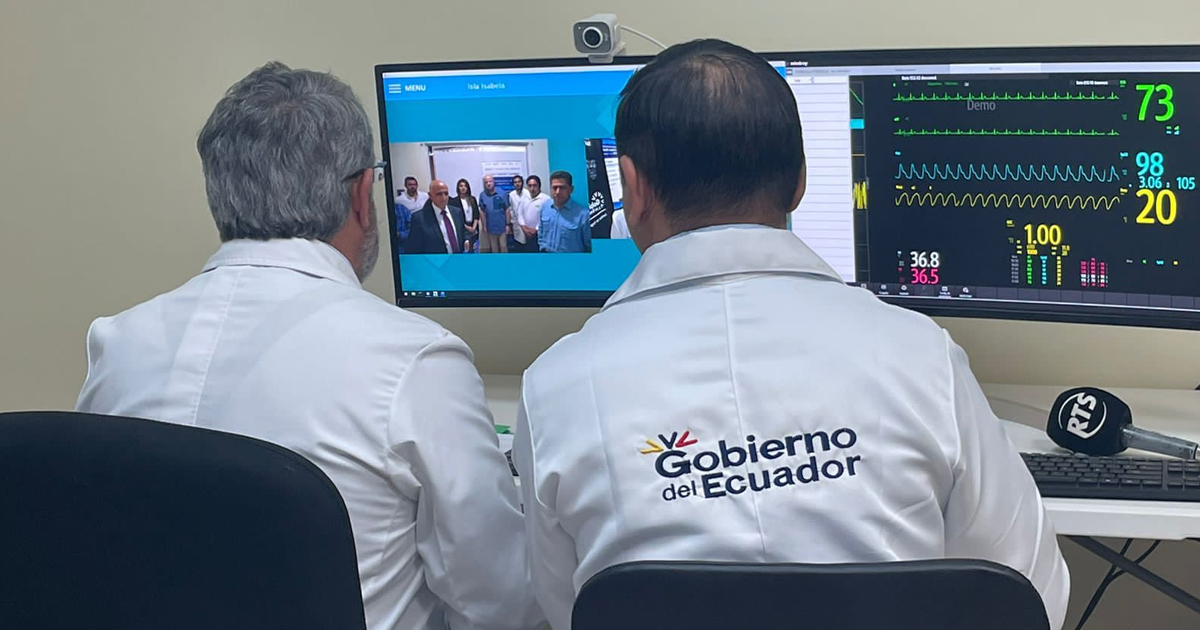Half of the world's population still lacks access to essential health services, and it is estimated that every year 100 million people must make an unexpected expenditure on health care for diseases that cause them to enter a level of extreme poverty. Digital Health could allow a solution to offer services with lower costs.
The penetration of technology throughout the world is driving the solutions involved in health care within reach of a greater part of the population, resulting in a good quality of life being literally in the palm of the hand thanks to the smartphones and wearables that have revolutionized and strengthened the provision of health services.
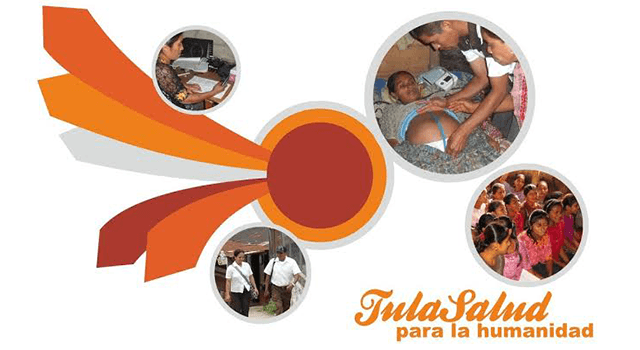
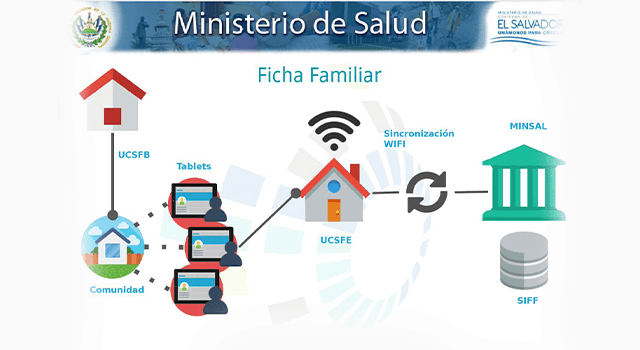
Nearly 67% of the world's population has a cell phone and, by 2025, approximately 700 million new users are expected to join. Implementing a mobile health culture for both the world population and hospital systems would result in a global improvement in health services.
Countries like Mexico move forward with support from academic and social organizations. Roberto Tapia-Conyer, General Director of the Carlos Slim Foundation, explained in the past Mobile World Congress held in Barcelona: “We are looking for health innovations that change inclusion in regards to health services. We are in a learning process and I think we can implement ideas that are emerging around the world, digital health is one of them, a very important part that prioritizes access to information.”
Digital tools can also help people understand their own health problems and how to solve them. The lack of awareness of noncommunicable diseases, for example, is a great barrier to diagnosis and treatment.
There are particular cases within Latin America, such as The Family Card of El Salvador (SIFF) and the TulaSalud project carried out in Guatemala. The first is responsible for managing all the medical information - in electronic format - of all the families that are in isolated areas and that can be visited by specialists at any time to receive real-time treatment and create a digital clinical history. For its part, TulaSalud, supports communities that don’t have the necessary resources to receive a quality medical service through Digital Health tools; it reduces the access gap and makes it more equitable by providing useful equipment and tools to achieve total population coverage.
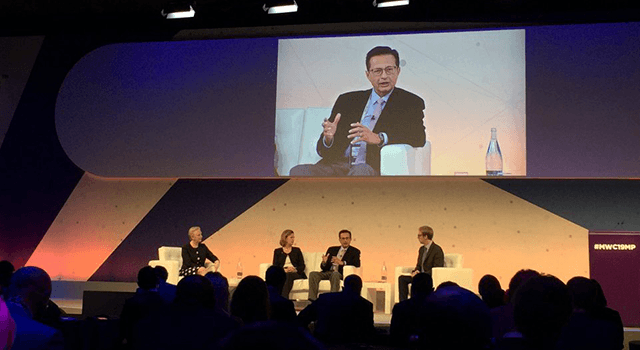
The key factor for the success of Digital Health solutions is the close collaboration that can be achieved between the state and the private sector to enhance the use and access of the majority of the population. This was noted by the Broadband Commission for Sustainable Development (Broadband Commission), which in its 2018 report points to the construction of alliances dedicated to public policies by governments, the Digital Health Strategies, Regulations suitable for good network infrastructure, interoperability, and financial models. An enlightening example is in Brazil and in its coordination to execute national Digital Health strategies: its program, Saude de Familia, allows community staff, nurses and doctors to register more than 67% of families and monitor their treatment anytime.

At the recent General Assembly of the United Nations, the governments of the countries published a High-Level Political Declaration on universal health coverage which stipulates that the development, design and implementation of systems using easy technology is of vital importance. The objective is to manage, interoperable and to reduce the access gap between people in order to cover all their needs and allow patients to make their own decisions and manage their medical information in a safe and secure way with the help of digital platforms.
Without this relationship of collaboration, knowledge and technology developed by private initiative the goal can’t be achieved, for it remains only in a part of the population and the main objective of permeability that all digital health systems and processes have can’t be achieved. The involvement of state governments is necessary.
CARLOS SLIM FOUNDATION
https://www.youtube.com/watch?v=JUcqMTcjxbE
DEVEX
Universal health coverage. Final draft: “Political declaration”.
broadband commission (September, 2018). Working Group on Digital Health: The Promise of Digital Health: Addressing Non-communicable Diseases to Accelerate Universal Health Coverage in LMICs.
broadband commission (October, 2018). Report of the Digital Health Task Force of the Broadband Commission for Sustainable Development: “The Promise of Digital Health: Addressing Chronic Noncommunicable Diseases to Accelerate Universal Health Coverage in Low- and Middle-Income Countries.

